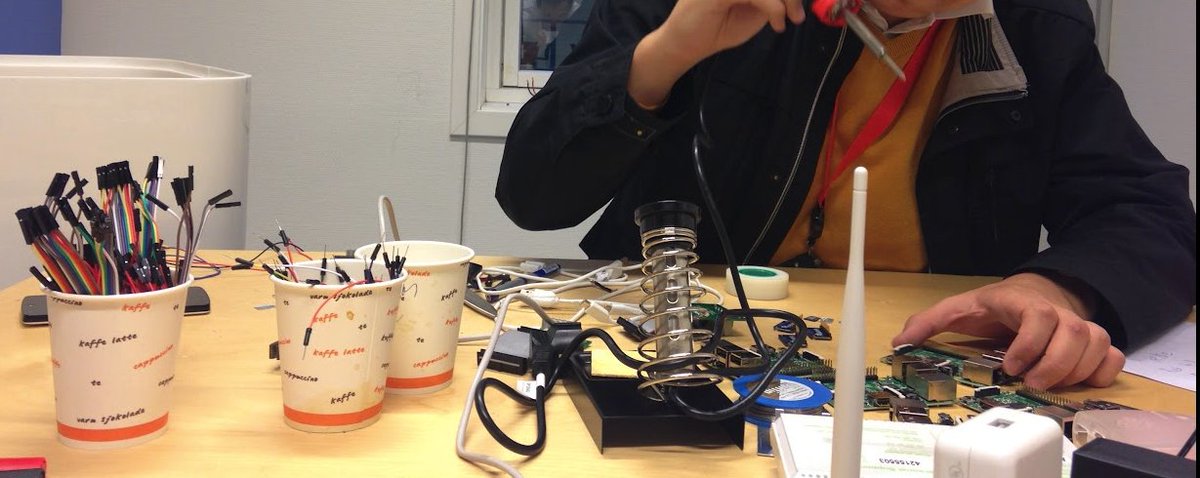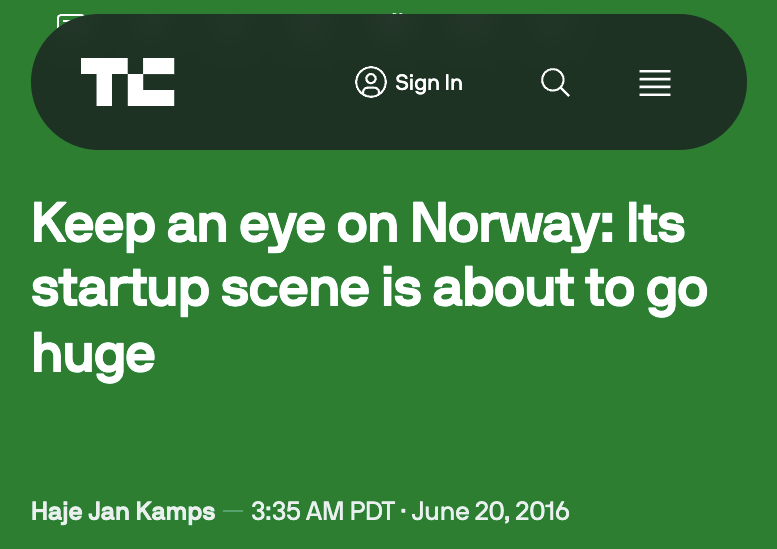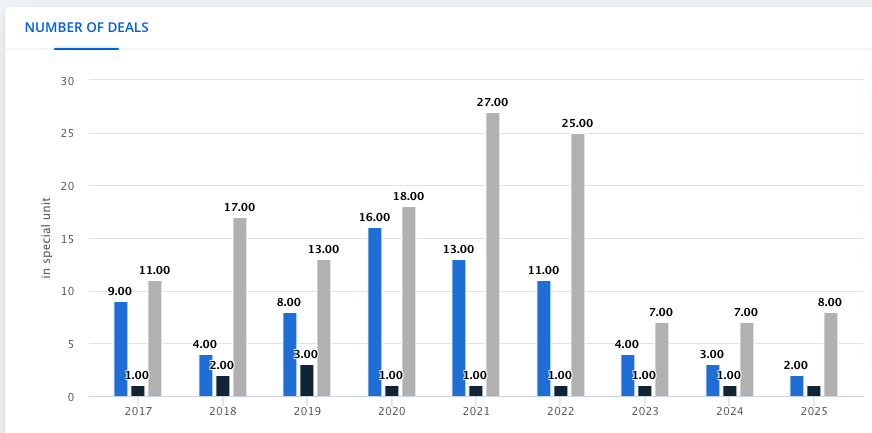I co-founded a startup as CTO,
had Lego, McKinsey, and Macy as customers,
entered the best b2b accel in the world,
moved to SF...
But one event turned my 15% stake into 0.15% 🥴:
had Lego, McKinsey, and Macy as customers,
entered the best b2b accel in the world,
moved to SF...
But one event turned my 15% stake into 0.15% 🥴:

1. Beginning
I was a CTO in startups in an incubator. On a Friday beer, I was approached by an old man;
He quickly broke the ice, touched my shoulder & behaved like an old friend.
It looked random to me, but it wasn’t.
Years later, he revealed: “I moved here to get hunt you.”
I was a CTO in startups in an incubator. On a Friday beer, I was approached by an old man;
He quickly broke the ice, touched my shoulder & behaved like an old friend.
It looked random to me, but it wasn’t.
Years later, he revealed: “I moved here to get hunt you.”
2. CoFounder.
He had an idea for a hardware startup, a machine that looked like Apple made it.
I spent years building websites and apps, so jumping into hardware felt so compelling.
I joined him as a CTO and co-founder for 15% of the company.
He had an idea for a hardware startup, a machine that looked like Apple made it.
I spent years building websites and apps, so jumping into hardware felt so compelling.
I joined him as a CTO and co-founder for 15% of the company.
3. Rich Man.
He was a rich man with a huge house in the best luxury area of the city, with a big exit in the past.
He kept saying: “I can’t do this without you..”.
He was a master of psychology, and I'd do anything for him, he was my mentor, almost my father.
It was very inspiring, I did my best job ever over the the few years.
I worked days and nights, some days I worked 20 hours, slept on the office couch, and continued.
We had many orders, and I was putting the software and hardware together, driving it to the clients, and installing it.
I was obsessed,
My girlfriend left me because we didn’t see each other at all but I didn't even notice it.
He was a rich man with a huge house in the best luxury area of the city, with a big exit in the past.
He kept saying: “I can’t do this without you..”.
He was a master of psychology, and I'd do anything for him, he was my mentor, almost my father.
It was very inspiring, I did my best job ever over the the few years.
I worked days and nights, some days I worked 20 hours, slept on the office couch, and continued.
We had many orders, and I was putting the software and hardware together, driving it to the clients, and installing it.
I was obsessed,
My girlfriend left me because we didn’t see each other at all but I didn't even notice it.
4. Living A Dream
Things were going really well.
We met @jack (founder of Twitter and Square) in SF and presented our machine.
We partnered up with his company, which was doing the payment stands, to use it for our machine.
We raised money from investors, got into the best B2B accelerator in the world, and he moved to Silicon Valley into a mansion.
Things were going really well.
We met @jack (founder of Twitter and Square) in SF and presented our machine.
We partnered up with his company, which was doing the payment stands, to use it for our machine.
We raised money from investors, got into the best B2B accelerator in the world, and he moved to Silicon Valley into a mansion.
5. Departure & hints.
My cofounder onboarded more people and issued them a generous equity package. I asked "Why do u just give away equity?".
He said: "don't worry, I know how to get it back later".
I'll learn what he meant here later, the hard way.
While things were going really well, I had a burnout.
Since my girlfriend left me, I felt very demoralized and lonely once I realized I was alone now.
After working 100 hours a week for 3 years and having zero days off (no kidding, literally, I worked 1000 days in a row), I realized that I needed a change.
I recently became a father, but my cofounder insisted that I move from Oslo to SF.
I went there, but it didn't work for me to be away from my kid.
My personal life was a total mess, I broke up with the mother of my child.
The cofounder was so good at manipulating my brain that I was like a puppet.
I realized I wanted to be my own boss.
I decided to leave.
I spent a year on hiring more people and finding a new guy to replace me as CTO. The replacement went very well, so eventually, I switched to a part-time advisory role.
My cofounder onboarded more people and issued them a generous equity package. I asked "Why do u just give away equity?".
He said: "don't worry, I know how to get it back later".
I'll learn what he meant here later, the hard way.
While things were going really well, I had a burnout.
Since my girlfriend left me, I felt very demoralized and lonely once I realized I was alone now.
After working 100 hours a week for 3 years and having zero days off (no kidding, literally, I worked 1000 days in a row), I realized that I needed a change.
I recently became a father, but my cofounder insisted that I move from Oslo to SF.
I went there, but it didn't work for me to be away from my kid.
My personal life was a total mess, I broke up with the mother of my child.
The cofounder was so good at manipulating my brain that I was like a puppet.
I realized I wanted to be my own boss.
I decided to leave.
I spent a year on hiring more people and finding a new guy to replace me as CTO. The replacement went very well, so eventually, I switched to a part-time advisory role.
6. Poor Founder Risk.
I kept working part-time for him but also moved on with my new startup.
One strange thing I noticed is that we were burning money like crazy. I thought my cofounder had prepared new funding and knew what he was doing.
A few months later, I got an email from the board.
They were planning a new funding round.
First, I was happy about that; it meant my shares would be worth more.
But it turned out they were planning an internal down-round, where all investors had to put money in.
I was the only shareholder who wasn't rich. It was relatively average money for all the investors, but for me, it was more than I could afford.
Since I owned 15% and couldn’t participate in the round, my 15% was diluted to 0.15%.
I kept working part-time for him but also moved on with my new startup.
One strange thing I noticed is that we were burning money like crazy. I thought my cofounder had prepared new funding and knew what he was doing.
A few months later, I got an email from the board.
They were planning a new funding round.
First, I was happy about that; it meant my shares would be worth more.
But it turned out they were planning an internal down-round, where all investors had to put money in.
I was the only shareholder who wasn't rich. It was relatively average money for all the investors, but for me, it was more than I could afford.
Since I owned 15% and couldn’t participate in the round, my 15% was diluted to 0.15%.
7. How is that legal?
In a VC-funded startup, it’s very easy to lose almost all your equity if the startup decides to have an internal round and issue new shares.
It may have 100 shares, I own 15 and others own 85. Then, it may issue 1000 shares, where each costs 10k. So I’d have to put 150k to stay with my 15%. (the numbers aren’t real, just for an example).
So, this was the end of the story for me. Also I learned an important lesson here.
In a VC-funded startup, it’s very easy to lose almost all your equity if the startup decides to have an internal round and issue new shares.
It may have 100 shares, I own 15 and others own 85. Then, it may issue 1000 shares, where each costs 10k. So I’d have to put 150k to stay with my 15%. (the numbers aren’t real, just for an example).
So, this was the end of the story for me. Also I learned an important lesson here.
8. The moral:
Owning equity in a startup doesn’t protect you.
Rich investors can kick you out of your own company at any time if you're not important to it.
I'm not doing VC-backed startups again.
Only bootstrapping and self-funding.
Owning equity in a startup doesn’t protect you.
Rich investors can kick you out of your own company at any time if you're not important to it.
I'm not doing VC-backed startups again.
Only bootstrapping and self-funding.
https://x.com/johnrushx/status/1773384063463616643
• • •
Missing some Tweet in this thread? You can try to
force a refresh






